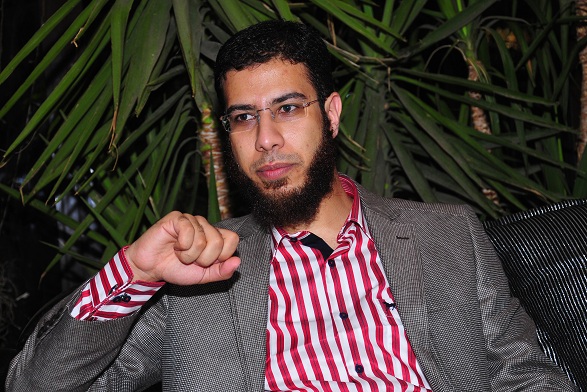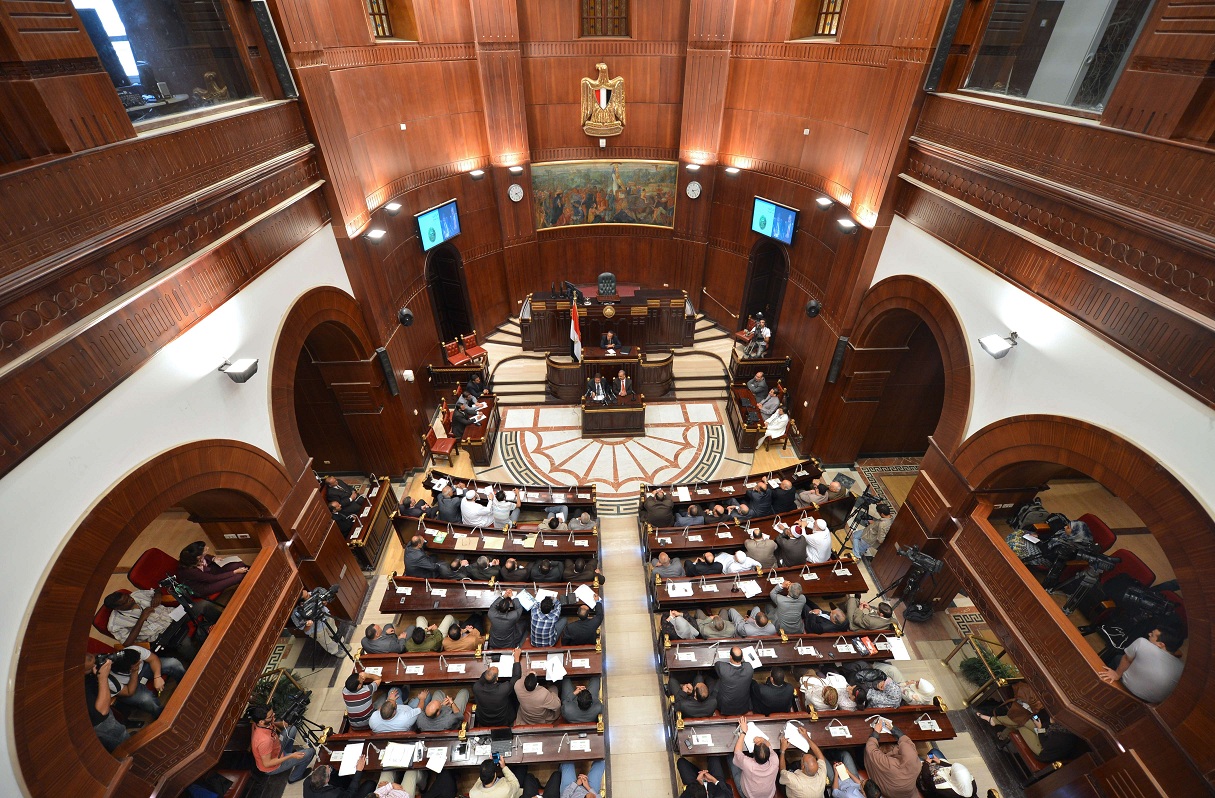MALABO: African Union talks on a plan to end the Libyan conflict were suspended early Friday with no agreement as the rebels insisted that Moamer Qaddafi had to quit for any attempt at a political solution.
African leaders sought backing for their roadmap at closed door talks on the first day Thursday of their summit in the Equatorial Guinea capital, where delegations from the rebels and Qaddafi’s regime were present.
The meeting broke up at about 1:00 am and was due to convene again at 10:00 am (0900 GMT), officials said.
The plan envisages a ceasefire, humanitarian aid, a transition period, reforms towards democracy and elections, but the details and the position of Qaddafi have not been made clear.
The rebels insisted outside of the talks that Qaddafi had to quit after more than 30 years in power. "He must leave," National Transitional Council representative Mansour Safy Al-Nasr told journalists.
Asked if he thought the conflict would be ended through a political or a military means, he said: "We are ready for anything."
The rebels were prepared to end hostilities if Qaddafi left, he said.
"If we see that Qaddafi withdraws, we are ready to stop and negotiate with our brothers who are around Qaddafi," he said.
But the rebels would not retreat, "not this time", he said.
"If military operations advance to surround Tripoli, he will accept (to leave). Qaddafi is isolated. He is in his bunker. He cannot move, he does not have a life," Al-Nasr said.
"The troops are advancing," he added, referring to Libyan rebel forces.
Al-Nasr said Thursday there was broad agreement at the summit that Qaddafi had to go. "Some say it publicly, others don’t," he told AFP.
Senior Libyan rebel leader Mahmud Jibril said in Vienna meanwhile he awaited "a clear stance" from the African Union on whether it supported or condemned Qaddafi.
The International Criminal Court issued an arrest warrant for the Libyan leader last week for atrocities in the crackdown on the uprising against the regime.
"These arrest warrants reflect the international conviction that massacres did take place," Jibril told journalists. "I urge the African Union to take a clear stance," he said.
The African Union has said the warrant complicated its attempts to find a way out of the conflict.
It has also been critical of France’s supply of weapons, adding to early complaints about NATO-led bombing campaign against Libyan forces that is meant to protect civilians.
The African Union must bear in mind in its talks the "suffering of the Libyan people because of the continuing clashes and the air bombing operations," African Union Commission chairman Jean Ping said at the start of the summit.
After France announced Wednesday that it had air-dropped arms to anti-Qaddafi rebels, Ping warned of weapons falling into the hands of Al-Qaeda who could use them to take Western hostages, and of the conflict growing to reach the level of the one in Somalia.
It was a warning echoed by the United States and European Union.
"What we need is not to escalate the situation," Egypt’s Foreign Minister Mohamed Elorabi said Thursday when asked about the French weapons drops.
"It is a difficult process, many parties are involved. We should not provoke any party, we should try to have a conducive atmosphere for the settlement," he told reporters.
Rebel demands for Qaddafi to go were something the two sides had to negotiate and was not up to the African Union, he said.
"This kind of internal conditions — it is up to the two parties in Libya," Elorabi said. "The spirit here is that we want space for the political solution."
Russian Foreign Minister Sergei Lavrov meanwhile on Thursday demanded an explanation from France over its reported arms drop to Libyan rebels.
"If this is confirmed, it would be a brazen violation of UN Security Council Resolution 1970," Lavrov said, referring to a February resolution that prohibited states from providing any kind of arms to Libya.

